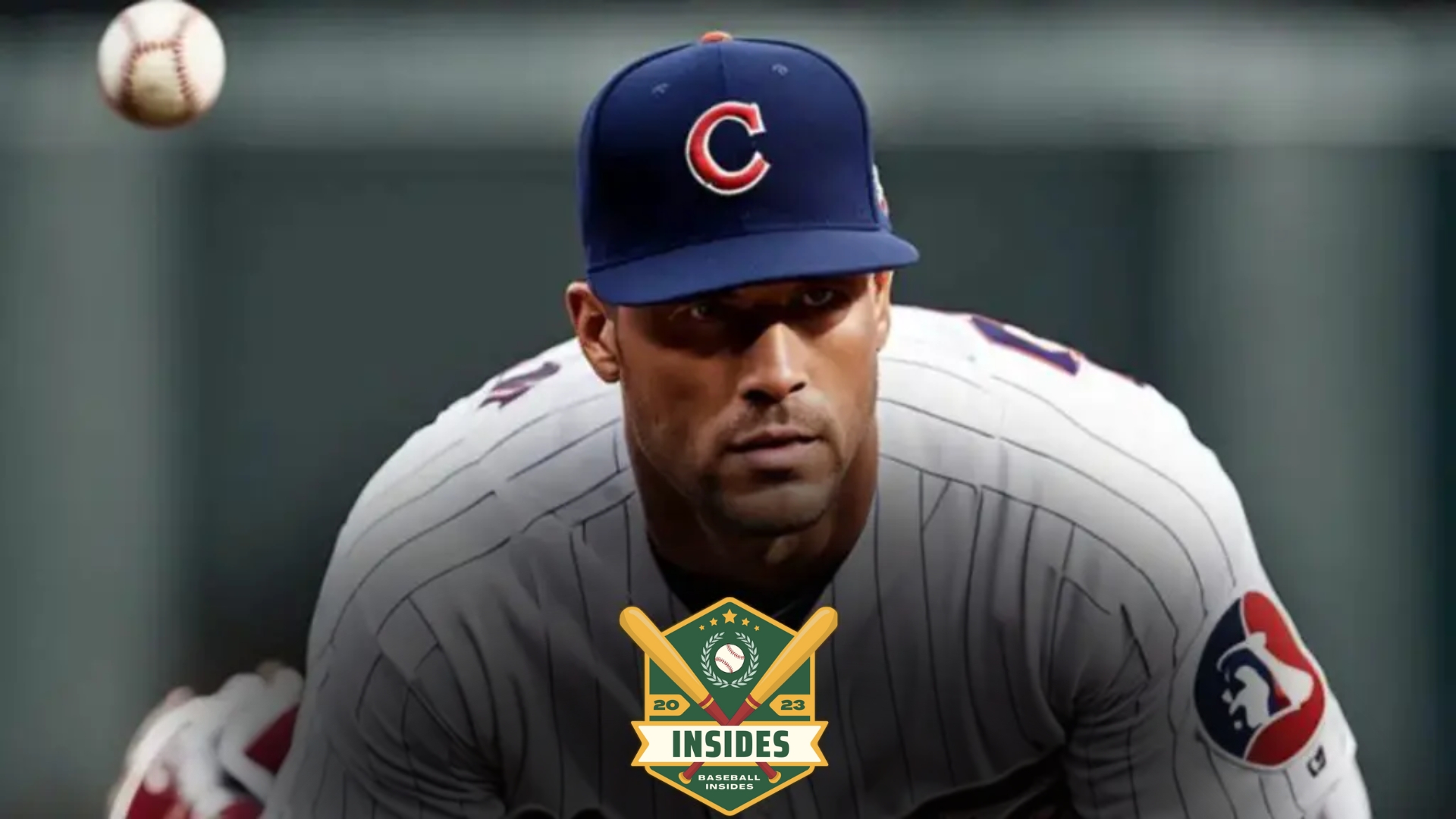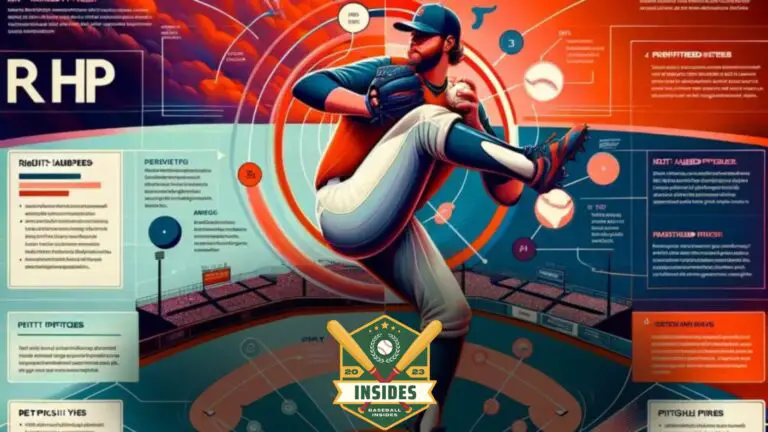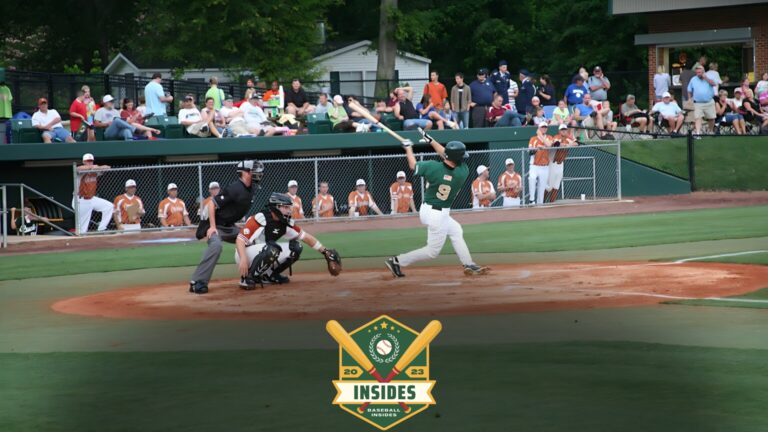
In this article:
Baseball players typically receive their paychecks bi-weekly during the regular season. Some contracts may stipulate monthly payments.
Understanding the pay structure of professional athletes can be intriguing, especially when considering Major League Baseball (MLB) players.
They usually draw salaries every two weeks, aligning with the rhythm of an extensive 162-game season from April to October.
Their compensation is outlined by meticulously negotiated contracts to reflect both performance and market value. The frequency and structure of these payments are subject to the terms agreed upon between the player and the organization.
Seasonal earnings, including bonuses, are also common and dispersed according to the player’s contract stipulations. For fans and aspiring athletes alike, grasping the nuances of baseball salaries is an important aspect of the financial side of the sport.
Pay schedules for MLB players not only highlight the business aspect of baseball but also underscore the precision and regularity that goes into managing the finances of professional sports teams.
Baseball Salaries: The Payment Schedule
Understanding how baseball players receive their earnings is as thrilling as the game. The world of baseball dazzles fans with home runs and strikeouts.
Players’ compensation follows a structured approach known as the payment schedule off the pitch.
Seasonal Payouts
Baseball athletes typically get paid on a bi-monthly basis during the regular season. The Major League Baseball season sprawls from April to October.
During these months, paychecks are dispatched twice per month.
- Starting April: The first payday hits as the season begins.
- Continuing Bi-Monthly: Players receive regular incomes until the season ends.
- Postseason Bonuses: Players may earn extra for playoff participation.
Factors Determining Payment Frequency
Several elements influence how players cash out during the baseball calendar year. Every player’s contract is unique, with particular details dictating payment terms.
| Factor | Impact on Payment |
|---|---|
| Contract Type | Guaranteed or incentive-laden deals affect frequency. |
| League Policy | MLB guidelines set the payment foundation. |
| Individual Agreements | Some players negotiate specific payout dates. |
Signing bonuses, performance incentives, and endorsements may also alter when players see their earnings.
Signing Bonuses and Advances
When a baseball player signs a new contract, two exciting elements often come into play: signing bonuses and advances.
These substantial perks can significantly shape a player’s finances.
Let’s dive into how initial lump sums and overall compensation are affected.
Initial Lump Sums
Signing bonuses are upfront payments made to players. They receive these bonuses right after inking a deal. Bonus amounts vary widely but can reach millions of dollars.
Advances also provide players with immediate funds typically deducted from future earnings.
- A sign-on bonus is separate from salary.
- Can be received all at once or over several years.
- Advances are early salary payments.
Impact on Overall Compensation
These financial injections have a big impact. A substantial signing bonus might change the salary structure of a contract.
Over time, they can alter a player’s income stream. This ensures players remain well-compensated, regardless of on-field performance.
| Compensation Type | Impact |
|---|---|
| Signing Bonus | Immediate wealth boost |
| Advance Payments | Reduced future paychecks |
| Salary | Consistent income over contract duration |
Regular Season vs. Off-season Earnings
The life of a professional baseball player is not only about hitting home runs or striking out batters. It also involves understanding the financial aspects of their career.
One key element many fans wonder about is players’ earnings during the regular season compared to the off-season.
This post closely examines how Major League Baseball (MLB) players manage their finances throughout the year.
In-season Salary Disbursements
MLB players receive payment only during the regular season. The season typically spans from April to October. Players sign contracts that outline their annual salary.
The annual salary is divided into bi-weekly or semi-monthly checks. Here’s how it works:
- Contracts specify payment schedules. Players know exactly when they get paid.
- Most teams disburse salaries on the 1st and 15th of each month.
- Players may earn extra through postseason bonuses. Bonuses depend on team performance.
Off-season Financial Landscape
The off-season presents a different financial scenario. Players do not receive their regular salaries during these months. However, they might still earn money through:
- Appearance fees for events or promotions.
- Endorsements and sponsorships. These deals can be lucrative.
- Training stipends. Some contracts include off-season training money.
Players need to budget wisely to ensure financial stability year-round. Prudent financial planning is crucial as they shift from the in-season paycheck to off-season earnings.
Incentives and Performance Bonuses
Baseball players may have a fixed salary. Yet, they can earn more through specific achievements. These are called incentives and performance bonuses.
Teams use them to reward players for outstanding performance. A player might hit more home runs or maintain a high batting average.
Such feats can lead to extra cash beyond their annual salary. Bonuses vary from a few thousand to millions of dollars.
Earning Extra Through Achievements
Not all earnings come from basic pay. Extras come in as rewards for excellence. Players could earn more for:
- All-Star selections
- World Series victories
- Gold Glove Awards (defensive excellence)
- MVP Awards
- Cy Young Award (best pitcher)
Bonuses add motivation. Players push harder to achieve these milestones. This chase doesn’t just boost their wallets. It elevates their team’s success, too.
When Bonuses Hit the Bank
When do these bonuses reach the players? The contract often dictates it. Some bonuses are immediate. Others are end-of-season treats. Players might see the cash after they:
- Play in the All-Star Game.
- Win a league award.
- Reach milestones like home runs in a season.
Contract language is key. It spells out when and how bonuses are paid. Players and agents must understand it well. That way, they know when to expect their hard-earned rewards.
Financial Protections for Players
Understanding the financial protections for baseball players is as thrilling as a bottom-of-the-ninth grand slam. Major League Baseball (MLB) players earn their wages differently than your average nine-to-five job.
But what about their financial security after the stadium lights dim? Let’s dive into the key benefits that safeguard a player’s income.
Guaranteed Contracts
In MLB, a guaranteed contract is a game-changer for players. Once signed, players will receive their agreed-upon salary, irrespective of performance or injury.
This guarantee comes without the fear of being suddenly cut from the team and losing financial security. Here’s a simple breakdown:
- No pay cuts: Players earn the full contract amount.
- Injury protection: Salaries are secure, even if injured.
- Stability: Players plan their finances with confidence.
Insurance and Pensions
Baseball isn’t all about the immediate paycheck. Long-term financial wellness is key.
MLB provides insurance and pension plans that players can count on after their final at-bat. Points to remember:
| Insurance | Pensions |
|---|---|
| Health coverage during and after career | Financial support post-retirement |
| Lifetime benefits for long-term contracts | Benefits may start as early as age 45 |
| Disability insurance for on-field injuries | Vested after 10 years of service |
The security net of insurance keeps players covered for health concerns, while pension funds build a nest egg for future ease.
Together, these benefits ensure financial protection, allowing players to focus on the game they love, knowing their future is solid.
Comparing MLB with Other Sports Leagues
Have you ever wondered how often baseball players cash their paychecks? Professional baseball players’ income schedules are quite unique.
This is particularly evident when you place Major League Baseball (MLB) beside other professional sports leagues. While NBA and NFL athletes typically know exactly when they’ll get paid, MLB players have a different routine.
Let’s explore the financial innings of these sports to understand better how each one plays out financially.
Payment Structures Across Sports
The rhythm of athletes’ paydays varies significantly across leagues. In the NBA, players receive their salaries bi-weekly during the regular season.
NFL players, on the other hand, are mostly paid every week throughout the season. Hockey enthusiasts in the NHL stay financially fueled with bi-monthly payments.
Now, let’s pitch over to MLB and see how it differs.
- NBA: Bi-weekly payments (during the season)
- NFL: Weekly payments (during the season)
- NHL: Bi-monthly payments (twice a month)
Unique Aspects of MLB Pay
MLB’s payment frequency is a grand slam of exclusivity. Unlike the NBA or NFL, MLB players’ salaries are paid bi-monthly for the entire calendar year.
Although they play during the spring and summer, their pay schedule continues throughout the fall and winter. This ensures a steady income flow, even in the off-season.
| Sport | Payment Frequency | Seasonal or Year-Round |
|---|---|---|
| MLB | Bi-monthly | Year-round |
| NBA | Bi-weekly | Seasonal |
| NFL | Weekly | Seasonal |
| NHL | Bi-monthly | Seasonal |
Each paycheck a baseball player receives is the result of detailed contract negotiations.
This method ensures that they are compensated regardless of the off-season months. This kind of fiscal home run sets the MLB apart from the pack.
Frequently Asked Questions
How Much Do MLB Players Get Paid Weekly?
MLB players’ weekly pay varies widely. Average salaries in 2023 are about $4.41 million annually, equating to approximately $85,000 weekly during the season. Elite players can earn much more.
How Do Baseball Salaries Work?
Baseball salaries are negotiated between players and teams, often with agents involved. They include base salaries, incentives for performance, and bonuses. Contract terms vary, with some players receiving multi-year deals and others signing one-year contracts. Salaries are guaranteed in MLB, regardless of performance or injury.
Do Baseball Players Get Paid Off Season?
Yes, baseball players typically receive their salaries year-round, including during the off-season, as stipulated in their contracts.
How Much Do MLB Players Get for Meal Money?
MLB players receive $105 daily for meal money during the season. This allowance covers food expenses while traveling.
How Frequently Are MLB Players Paid?
Major League Baseball players typically receive their salaries bi-weekly during the regular season, although the frequency can differ by contract.
Conclusion
Understanding the pay schedule for baseball players helps fans appreciate the business side of the sport. These athletes typically receive compensation bi-weekly during the season.
Off-season pay varies based on contracts. For an in-depth peek at a player’s earnings, detailed contract reviews shed light on this aspect of their professional journey.






